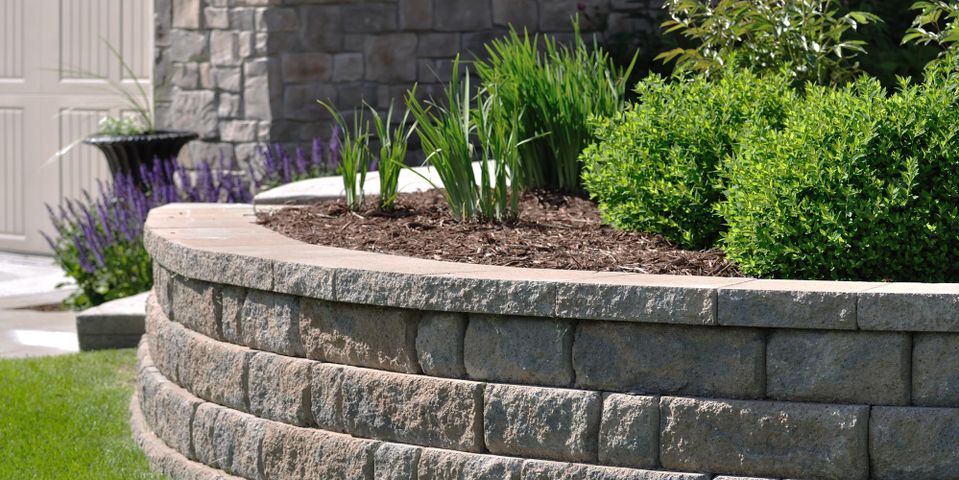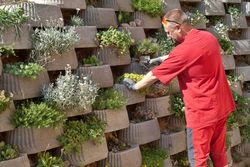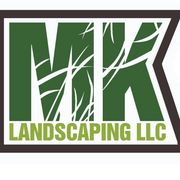
Retaining walls are designed to provide the necessary structural support to places in your yard that are prone to soil erosion. They can also offer numerous aesthetic and gardening benefits. To achieve a better understanding of this common home landscaping feature, learn the answers to the frequently asked questions below.
Frequently Asked Questions About Retaining Walls
What are the benefits of retaining walls?
Retaining walls help to keep your property’s ground more level, and they have a number of benefits. If your yard is on top of a large hill, for example, the wall can help keep the home’s foundation from shifting. If you’re at the bottom of a hill, the wall can prevent loose soil from building up around your house, which can be a nuisance and an eyesore.
Retaining walls can also help keep exposed basements safe, as erosion can cause the soil to block its doors and windows over time. This can be a costly issue to fix, so it’s much better to take preventative measures by building walls.
Can I plant a garden or landscape around the wall?
 It’s possible to plant gardens inside or on the structure. You can also add flowers, vegetables, or bushes around the wall to make it more aesthetically pleasing. However, you should consult with a landscape company first, as they may recommend installing a drainage system or avoiding plants with long roots, which can be difficult to maintain.
It’s possible to plant gardens inside or on the structure. You can also add flowers, vegetables, or bushes around the wall to make it more aesthetically pleasing. However, you should consult with a landscape company first, as they may recommend installing a drainage system or avoiding plants with long roots, which can be difficult to maintain.
What materials can be used for these walls?
Concrete and brick are two of the most popular materials used for retaining walls because both are strong and durable. Concrete provides versatility because it can be poured almost anywhere, while brick is weather-resistant and easy to maintain.
Another option is dry stone, which is affordable and easy to find. However, it’s not a flexible material and can be difficult to transport and customize. Wood is another cost-effective option, but it does have the tendency to rot, which can cut the lifespan short.
Do I need a permit?
According to the St. Louis County Department of Public Works, permits are required for all residential retaining walls that exceed three feet in height. You must also get a permit if the wall is located less than or equal to its height from the property line, or if it exceeds two feet in height and supports a surcharge load such as a driveway or pool.
If you’re interested in incorporating retaining walls in your home’s yard, get in touch with M K Landscaping in Valley Park, MO. For more than 13 years, these fully licensed and insured contractors have been offering a wide variety of yard services, from wall and patio paver installations to mowing, leaf removal, mulching, and fertilization. Visit their website to learn more, and call (314) 805-6922 to speak with a representative today.
About the Business
Have a question? Ask the experts!
Send your question

